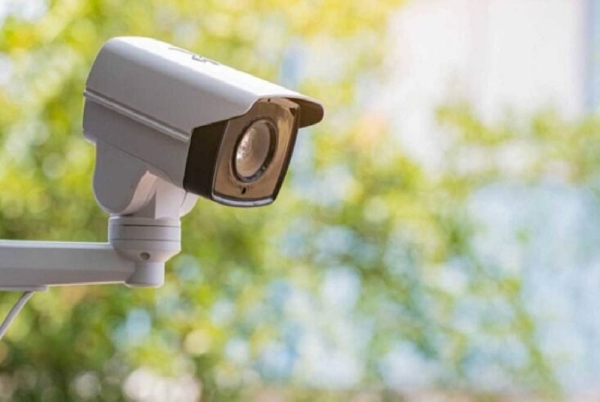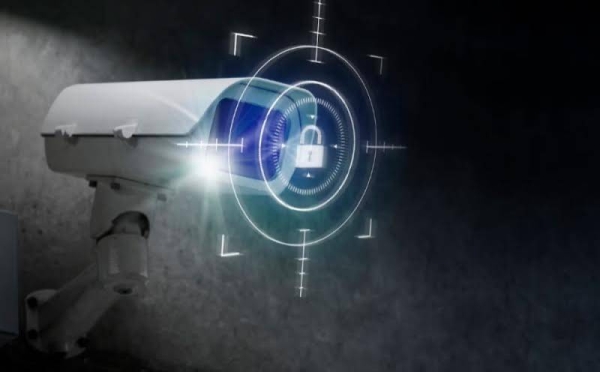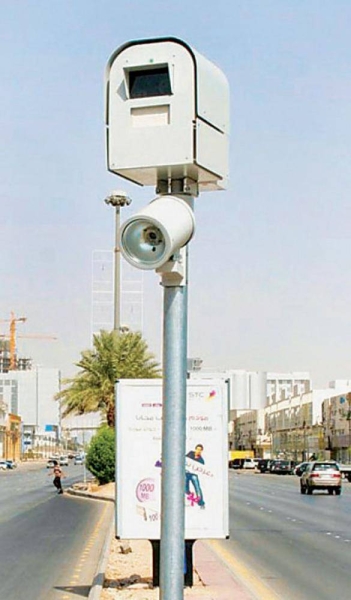
Saudi Data and Artificial Intelligence Authority (SDAIA) said that the role of artificial intelligence in the security surveillance camera system would monitor thefts and traffic congestion.
SDAIA indicated that the system will enhance the security level by monitoring thefts and quarrels, in addition to contributing in finding solutions to reduce congestion and traffic jams.
Moreover, it will also monitor and reduce visual distortion and improve the urban landscape, in addition to improving service levels, as it will strengthen efforts of monitoring violations of health and hygiene procedures in restaurants.
It is noteworthy that the Ministry of Interior, Presidency of State Security (PSS), and SDAIA are tasked to work out a time-bound plan to implement the provisions of the Law of Security Surveillance Cameras, approved by the Council of Ministers.
Under the plan, these government bodies will determine the mandatory deadline for installation of camera and security monitoring devices by each category covered under the provisions of the law.
The Ministry of Interior and the PSS have the right to watch broadcasts and recordings of security surveillance cameras, keep a copy of them, and analyze their data, if there is a necessity and security-related reasons.
The surveillance cameras must be fixed or mobile ones, and do not include the cameras that individuals install inside private residential compounds.
The provisions of the law prohibit the installation of security surveillance cameras inside facilities and rooms for medical examination, inpatient rooms, physiotherapy facilities, rooms for changing clothes, as well as toilets, salons, and women’s clubs.
The provisions of the law with regard to installation of security surveillance cameras will be applicable to ministries, public authorities and institutions, oil and petrochemical facilities, power generation and water desalination facilities, air tourism facilities, commercial complexes and shopping centers, in addition to financial institutions, banks, money transfer centers, and residential buildings, including complexes in residential buildings.
The provisions of the law will also be applicable to the Grand Mosque in Makkah, the Prophet’s Mosque in Madinah, the Holy Sites of Mina, Arafat and Muzdalifah, mosques, clubs, sports facilities and stadiums, public and private cultural facilities, youth centers, as well as public and private recreational facilities, and public and private health facilities.
It will also be applicable to medical cities, hospitals and clinics, commercial warehouses as well as on main roads and their intersections within cities, highways that connect cities and governorates, fuel stations and gas sales outlets, public and private educational facilities, and facilities that provide food services.
The provisions of the law shall be applied to public transport, event and festival venues, places of economic and commercial activities, public and private museums, and historical and heritage sites that are readied to receive visitors.
The Ministry of Interior can include any other site, activity or facility that it deems to be added to the list of facilities that come under the purview of security surveillance cameras.
Those who are responsible to implement the regulations of the law must install, maintain and operate the devices of security surveillance camera systems around the clock, and preserve the recordings.
The provisions of the law also stipulate that the recording shall be preserved and that no modifications will be made to it in the event of reporting any specific accident until the completion of the investigation procedures.












